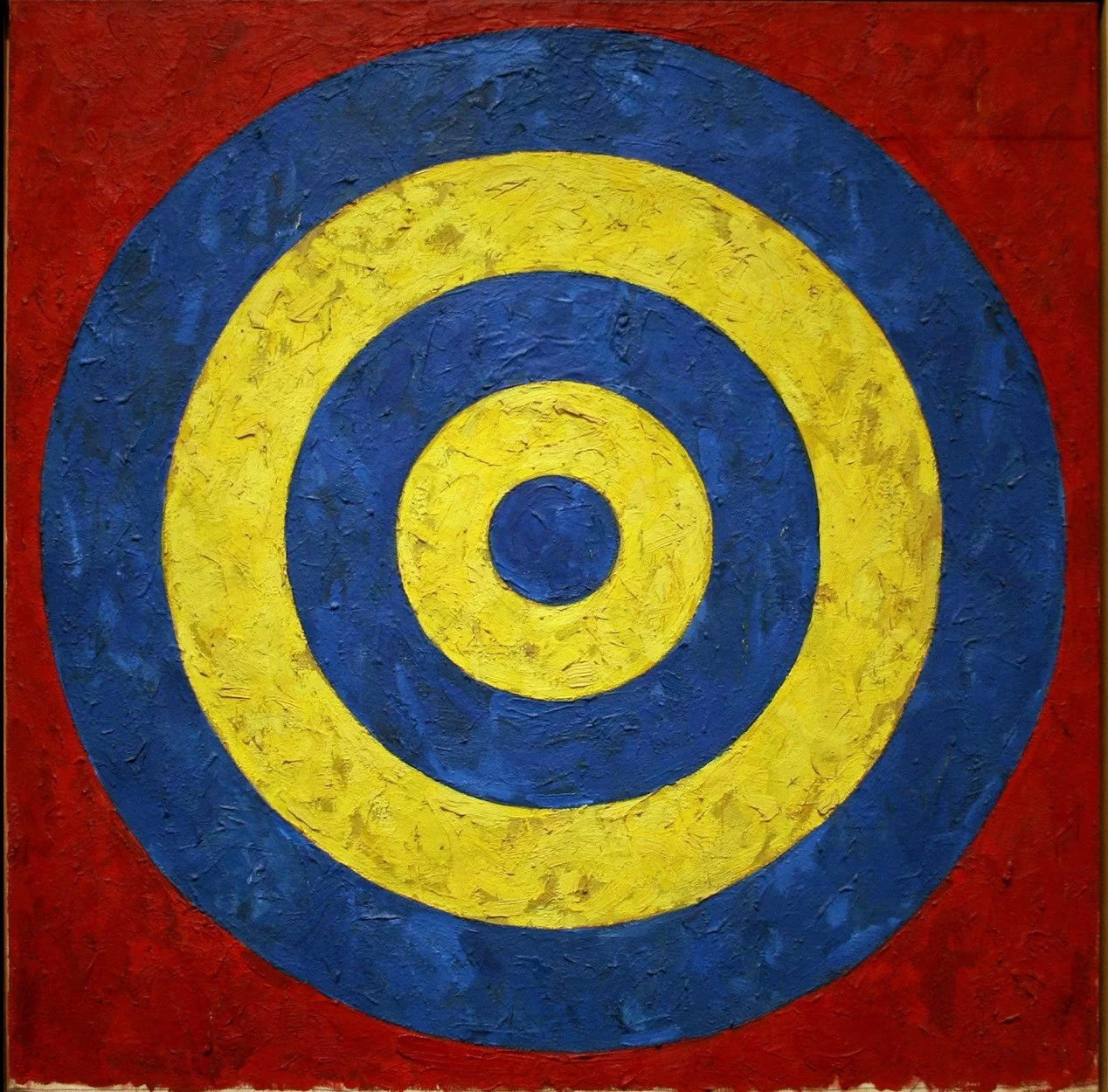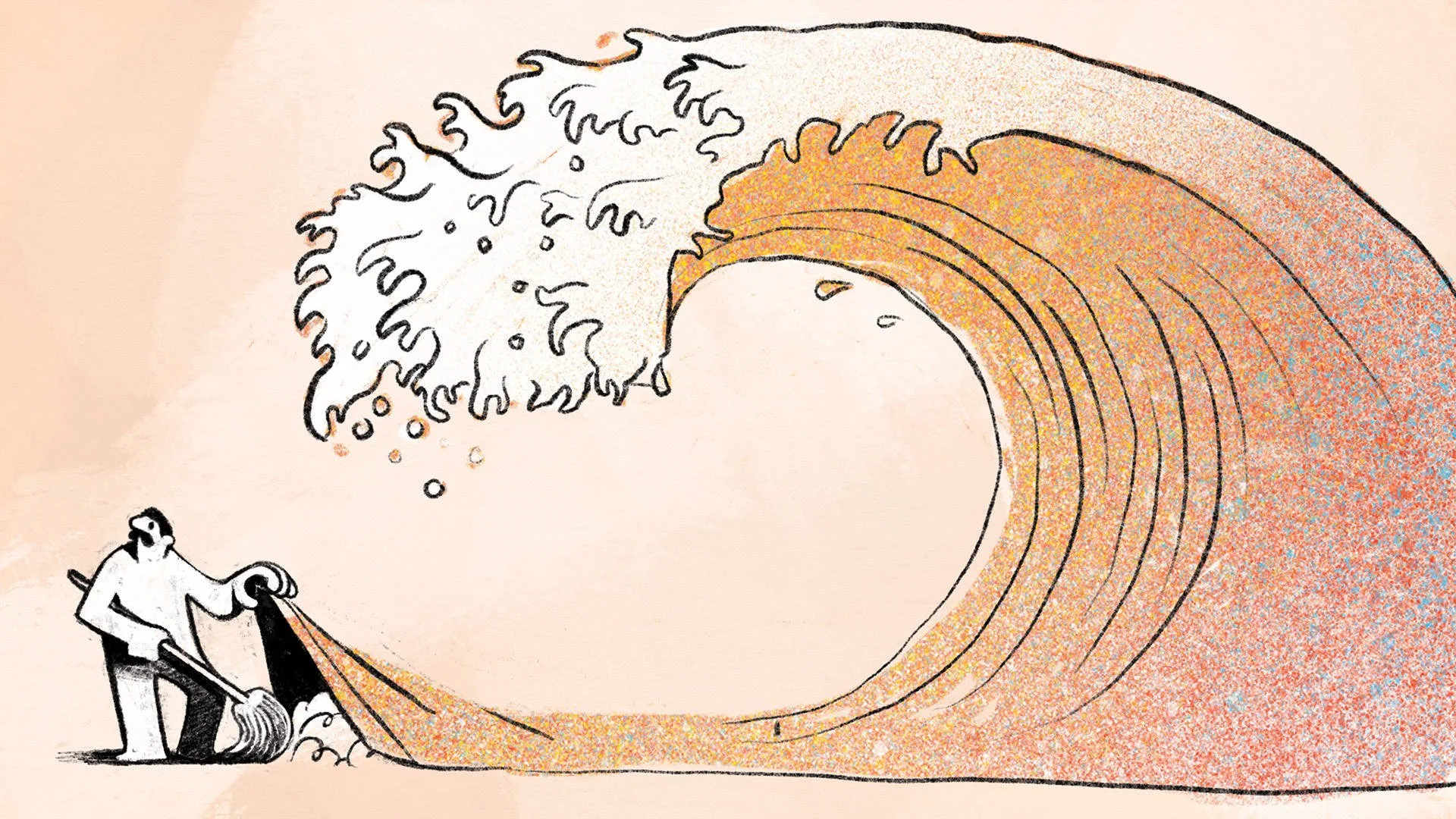
It Takes a Village to Write a Memoir
We’re getting ready for JanYourStory. In this post, Grant writes about how community transforms creativity.

Finding Time in Our Finite Lives to Write the Stories and Books We Feel Called to Write
Brooke writes about time—its elusiveness, our challenging relationship with it, and the fact that there’s never enough of it. For writers, time is one of the most pressing things we’re up against, and so, if we want to do the writing we’re being called to do, we must not just find the time, but make the time. And we can!


Honor Your Writing, Honor Yourself
In this post, Brooke reflects on Mark Nepo’s teachings about honor, truth, and following what brings us alive, connecting those ideas to the vulnerable, courageous work of memoir writing. She invites writers to recognize their work as an act of honoring their lived experience and to share what supports them in staying the course amid doubt and fear.

Planning your memoir? Pantsing? Plantsing?
Do you plan or pants (write by the seat of your pants) or “plants” (somewhere in between planning and pantsing). It’s a discussion, an argument, a meditation that a writer tends to have with themselves over the course of a lifetime. Maybe do all three?

Reframing “Everything Happens for a Reason”
This post by Brooke Warner tells a story at a workshop where the speaker said, “Things happen for a reason,” before immediately rebuking this idea. This springboards Brooke’s thoughts about how important it is for memoirists to lean into curiosity and reflection—treating memories like taffy (as Mary Karr once said) that can be stretched, examined, and formed into insight that serves the larger story.

Goal + Deadline = Magic
If you’ve done National Novel Writing Month—the writing festival that challenges people to write 50,000 words of a novel in just 30 days—and learned just one thing, it’s the power of setting a goal and a deadline to motivate you (and keep yourself accountable).
A goal and a deadline serve as creative midwives, NaNoWriMo founder Chris Baty wrote in No Plot? No Problem!

Making Space to Find the Meaning
In reflecting on a vivid dream of an empty Butchart Gardens, Brooke contemplates on her father’s death and the “burned library” metaphor from Susan Orlean’s The Library Book, in which she writes about a Senegalese saying that says that when a person dies, they’re library burns. This is post that celebrates the importance of giving ourselves space for reflection.

The ethics of writing about others
How do you write about others' lives responsibly? It’s a challenging path to both honor your truth while respecting the experiences and privacy of the people in your story.

Writing as Muscle Memory
Brooke reflects on running, writing, and the power of muscle memory—how our bodies remember what sustains us, and how practice connects us to our deepest truths.

The Adventure of Attention
Grant Faulkner reflects on the unexpected adventure of staying with his mother in a care center, where slowing down forces him to rediscover the art of attention. By noticing the small, ordinary details around him, he finds that true adventure and meaning come not from grand experiences but from being fully alert to life as it unfolds.

The Magic of Writing in Community
Brooke Warner celebrates the launch of Show Up & Write, a reimagined accountability group that blends structure, community, and creative magic to help writers stay consistent and connected. She reflects on how writing in community transforms isolation into motivation—turning the simple act of showing up together into a powerful catalyst for focus, support, and synchronicity.

Storytelling as Collage
I don’t see life as a round, complete circle. It’s shaped by fragments, shards, and pinpricks. It’s a collage of snapshots, a collection of the unspoken, an attic full of situations I can’t quite get rid of. But … writer beware: Reading a narrative shaped like a collage can seem as if it relieves the burden of structuring a book, but I’ve learned the opposite. There still needs to be an escalation of tension and suspense—and you have to do that with less connective tissue and explanation.

5 Reasons Writers Share Secrets in Memoir
Brooke shares five motivations writers might have to share or disclose secrets in their memoirs, ranging from wanting to be understood and seen to a desire to reclaim a narrative. What resonates with you?

Getting feedback. Giving feedback.
Most people agree that you get better in any endeavor with good feedback, and that might apply especially to writing. A story is layered with so many elements that it’s often difficult for a writer to truly know how everything is working—if a scene is off-key, if a character needs to be more defined, if the pacing flows or plods—without a perceptive reader’s critique. The question is … how to find that feedback. And how to receive it.

Where Does Writing About Writing Belong?
Brooke writes about where writing about writing belongs—not so much in your memoir but rather in your social media and Substack posts. Writing about your process is something readers enjoy following along with, but it’s not so much something they’ll want to read in your memoir.

Journal as a Vessel of Being
Grant writes about his long history with journaling and what it means to journal. Why do we do it and who do we hope will read it? Why do we journal if we may never revisit what we write? Why is journaling so sacred? Read more to consider and relay your own thoughts on this meaningful human exercise.

Survivor Memoir as an Act of Defiance Against Narrative Foreclosure
Brooke Warner writes about what it's like to get a cease and desist letter for memoir, and why she thinks memoirs that result in those kinds of letters are among the very bravest kinds. Circling something Amanda Knox said in her interview earlier this year on Memoir Nation, Brooke revisits the idea of narrative foreclosure, and why memoirists defy the very concept when they write and publish their truths.

The Art of Waiting
A single book can take years and years to write and publish. The art of waiting is an unrecognized and under-appreciated part of the creative process (and certainly the publishing process), and it is something we tend not to be good at. Waiting doesn't have to be frustrating, though. In fact, it can be a necessary time for your ideas to take shape.

Your Scene-Writing Magic Bag o’ Goodies
9 essential scene-writing tools for memoirists—using the imagery of Mary Poppins’s magic bag to get you thinking about all there is to remember, and implement, in your writing.
